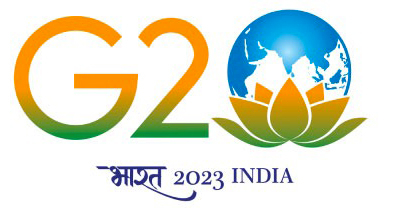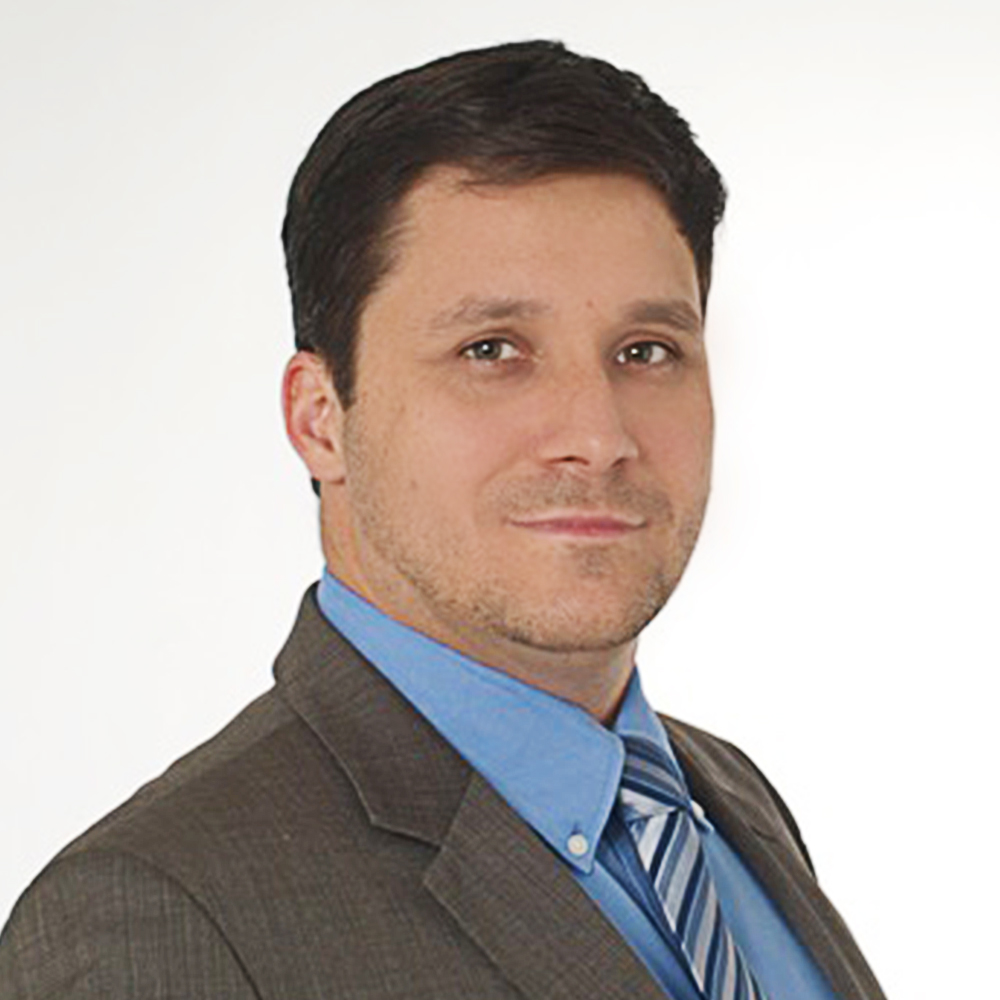
Krzysztof Zalewski, Patrycja Pendrakowska:
Prime Minister Narendra Modi announced “Lifestyle for the Environment” (LiFE) at COP26 in Glasgow on 1st November 2021. It was a noble effort to give more visibility to making consumption patterns more sustainable. In this proposed framework, every citizen and stakeholder contributes to the green transition through mindful everyday consumer practices.
However, during current times of war in Europe and beyond, these noble priorities may not only be mothballed. The increasing militarisation creates a more unstable international environment and causes significant additional carbon emissions and environmental pollution. Thus, we propose that peace-making efforts remain a precondition for LiFE. Furthermore, implementing a global climate tax should be considered within the framework of G20 discussions.
Read the full article here

Krzysztof Zalewski Analyst on India and Energy. Currently a member of the Board of Directors of the Michal Boym Institute for Asian and Global Studies Foundation and is an editor of the “Tydzień w Azji” weekly (published in cooperation with wnp.pl). As a policy expert, he writes about foreign policy and digital transformations in India and Australia. He previously worked at the European Union Agency for Fundamental Rights in Vienna, at the Foreign Relations Office of the Chancellery of the President of Poland, at the Polish Parliament (Sejm) and at the Centre for Eastern Studies in Warsaw.
czytaj więcej
Dr Krzysztof Zalewski participates in the Kigali Global Dialogue in Rwanda
A short note and photo gallery from the chairman of the Board of the Boym Institute, who stays in Rwanda at the "Kigali Global Dialogue" conference.
Coronavirus and climate policies: long-term consequences of short-term initiatives
As large parts of the world are gradually becoming habituated to living in the shadow of the coronavirus pandemic, global attention has turned to restarting the economy. One of the most consequential impacts of these efforts will be that on our climate policies and environmental conditions.
Dawid JuraszekBorder conflicts as political tools: the Thailand–Cambodia crisis
The border conflict between Thailand and Cambodia is much more than just a territorial dispute. Rooted in historical ambiguities, it has become a tool for domestic political maneuvering in both countries and a stage for international strategic competition.
Andżelika SerwatkaShort summary of events at the Boym Institute
We want the Boym Institute to become a valuable platform of exchanging views, making valuable acquaintances and, above all, deepening knowledge. Therefore, we undertake the organization of many events: debates, lectures, and conferences.
Indian dream – interview with Samir Saran
Krzysztof Zalewski: India is a large country, both in terms of its population and its land area, with a fast-growing economy. It is perceived as a major new player on the global stage. What would the world order look like if co-organized by India? Samir Saran: India’s impact on the world order is already significant, but […]
Krzysztof ZalewskiPaths to Asia: Conversations that Inspire
Wojciech Jaworski is the founder of Huqiao Games, a company specializing in bringing PC games to the Chinese market. A graduate of Jagiellonian University and participant in the “Chinese Bridge” program, he is currently working on a new, as yet unannounced project in the gamedev/tech industry.
Patrycja PendrakowskaThe strategic imperatives driving ASEAN-EU free trade talks: colliding values as an obstacle
Recently revived talks aimed at the conclusion of an inter-regional free trade agreement between the Association of Southeast Asian Nations (ASEAN) and the European Union (EU) are driven by strategic imperatives of both regions.
Robin RamcharanWe would like to inform, that Observer Research Foundation has published article of Krzysztof Zalewski - the Boym Institute Analyst, Chairman of the Board and Editor of the “Tydzień w Azji” weekly.
Krzysztof ZalewskiVoices from Asia – introduction
We would like to cordially invites all to the new series "Voices from Asia" that is devoted to the Asian perspectives on the conflict in Ukraine. In this series, we publish analysis by experts based in Asia or working on Asian affairs who present their positions on this matter.
Coronavirus outbreak in Poland – General information and recommendations for entrepreneurs
Kochański & Partners and the Boym Institute engaged in delivering information about latest after-effects of COVID-19 pandemia, which has begun to spread in Poland during the past days.
80th anniversary of Indonesian Proclamation of Independence and 70th anniversary of Poland-Indonesia diplomatic relations. April 23rd, at 10:00 am, aula im. prof. Waldemara Michowicza, ul. Lindleya 5A, Łódź.
Book review: “North Korean Defectors in a New and Competitive Society”
Book review of "North Korean Defectors in a New and Competitive Society", written by Lee Ahlam - assistant professor in the Department of Educational Leadership and Human Resource Development at Xavier University Cincinnati, Ohio.
Nicolas LeviTranscultural Winter School 2021 (8th of November — 12th of November)
This year’s research project TSRG 2021 as a collaborative initiative between Leadership Excellence Institute Zeppelin and the Boym Institute continued with a Transcultural Winter School in Zeppelin University, in Friedrichshafen.
Patrycja Pendrakowska and Paweł Behrendt on navigating Sino-Polish relations
We are proud to annouce, that Patrycja Pendrakowska and Paweł Behrendt made a contribution to the latest project of the Baltic Security Foundation, The Jamestown Foundation and the Baltic-American Freedom Foundation.
Why is stronger foreign investment protection needed in relations with China?
One of the key elements of the protection of foreign investment (and thus the foreign investor) is the mechanism for resolving disputes between the state and the foreign investor. The mechanism itself may take different forms...
Adrian ZwolińskiBeyond Grey Hulls: Europe’s Role in “Crowdsourcing” Maritime Domain Awareness in the South China Sea
If developments observed in the South China Sea over the recent months are of any indication, it simply means that the situation has worsened. China’s continued aggression towards its neighbors – the Philippines and Vietnam in particular, has continued unabated.
Collin KohThe unification of the two Koreas: an ASEAN perspective
The aim of the paper is to discuss the role of the ASEAN as a critical component of the solution to the Korean unification. The Korean Unification refers to the potential reunification of both Koreas into a single sovereign Korean state led by the leadership of the two Koreas.
Nicolas LeviEurope and the Consequences of China’s First Step on the Moon
Just a few years ago, it was assumed that the United States would almost automatically reclaim the lead in landing on the Moon. The original timeline envisioned Artemis III for 2024, but successive delays pushed the mission first to 2025–2026 and now to no earlier than mid-2027.
Kamil GolemoThe Global Waste Trade: Unveiling Waste Colonialism in Southeast Asia
Although 19th-century colonialism may seem like a relic of the past, the global community continues to grapple with its modern counterparts, often referred to as neo-colonialism.
Andżelika SerwatkaAt the Boym Institute we are coming out with new initiative: #WomeninBoym, which aims to show the activity of this – often less visible – half of society. We will write about what women think, say and do. We will also publicise what women are researching and writing.
We would like to inform, that Observer Research Foundation has published article of Patrycja Pendrakowska - the Boym Institute Analyst and President of the Board.
Patrycja PendrakowskaMeeting with Dr. Uki Maroshek-Klarman
It’s a great pleasure for the Boym Institute to organize an open meeting with dr Uki Maroshek who founded the betzavta method. Betzavta is taught across the globe at the Adam Institute for Democracy and Peace in Jerusalem as well as in other institutions in Europe and the Middle East.
Uzbekistan, under the leadership of President Shavkat Mirziyoyev, has embarked on a path of reform. Almost daily, the media there report on new initiatives and projects. It is no coincidence that in December 2019 The Economist awarded Uzbekistan the country of the year title.
Magdalena Sobańska-CwalinaNavigating tomorrow – the significance of Australia’s navy build-up
Australia has recently announced a plan to build the largest fleet since World War II. This move constitutes another step in Canberra's shift of defence strategy and commitment to adapt to the changing security environment.
Jakub Witczak

